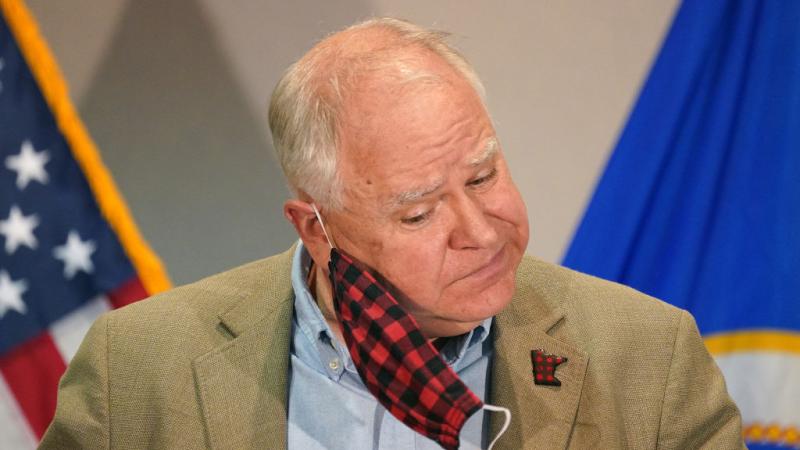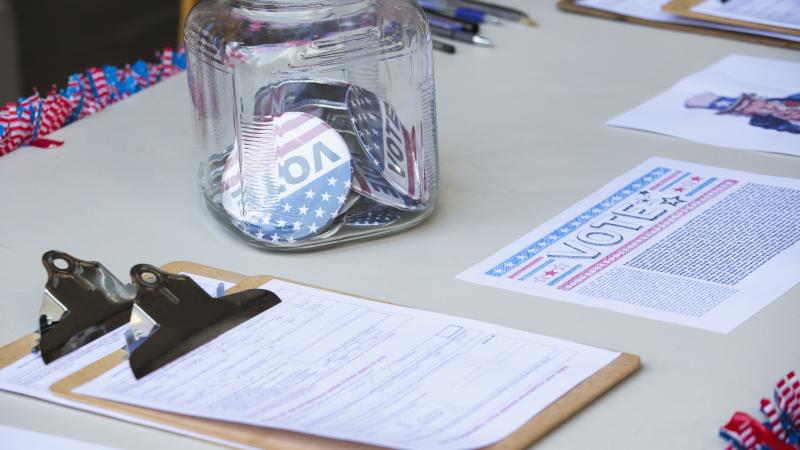Wasteful Spending? State Department sends hip-hop stars to India for cultural understanding
$70,000 on the idea that American hip-hop will accurately bridge the cultural gap between the U.S. and India
The Golden Horseshoe is a weekly designation from Just the News intended to highlight egregious examples of wasteful taxpayer spending by the government. The award is named for the horseshoe-shaped toilet seats for military airplanes that cost the Pentagon a whopping $640 each back in the 1980s.
This week, our award is being given to the State Department for funding a $70,000 program called “Bridging Cultures Through Hip-Hop.” The goal of the project is to “explore the commonalities and differences between India and the United States through this influential music genre,” according to a State Department grant description.
The conceit of the program is that, as hip-hop musicians in the United States have brought attention to socio-political issues, especially pertaining to youth and underserved minority communities, so too will the movement bring about an increased awareness of concepts including “freedom of expression, pluralism, tolerance and inclusion” and an increased “sense of connection” between communities that normally do not interact.
The recipient of the grant will organize a two-week tour of India for an American hip-hop artist to engage with audiences in four or five cities in India. According to the grant page, "Special consideration will be given to proposals that would assist in increasing community engagement and building linkages between Indian and U.S. institutions."
But should the U.S. government should be giving its imprimatur to the popular but very polarizing genre of American hip-hop and packaging it for export to India as an art form expressing this nation's most deeply-held cultural values? After all, for whatever socio-economic and racial truths hip-hop has shone a spotlight upon, it has also been widely condemned for often violent, misogynistic lyrics and a cultural ambience notoriously associated with violence, drugs, crime, hedonistic excess, and abuse of women.
Whatever hip-hop's merits as cultural export, why should its penetration of the Indian cultural marketplace be subsidized by the American taxpayer? Hip-hop is by most measures the most popular genre in an American music industry with yearly grosses in the neighborhood of $20 billion. Whether bridging cultures or just expanding its presence in the lucrative Indian music market, American hip-hop can afford to pay its own way.
















